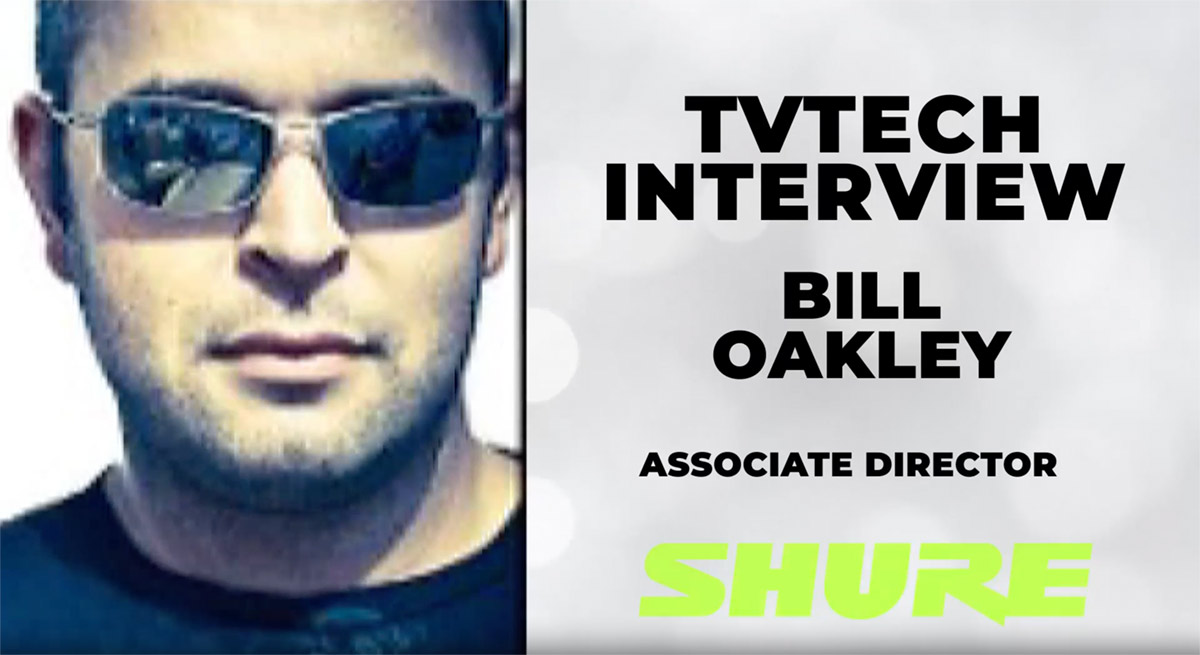DeLauro, Dingell ask Martin to investigate Department of Defense, broadcasters over ‘payola’ charge
A pair of influential members of the U.S. House of Representatives Tuesday asked FCC Chairman Kevin Martin to launch an investigation to determine if the law was broken when military analysts with a continuing relationship with the Department of Defense appeared on various TV news programs supporting the Bush administration’s positions on the Iraq war.
In a letter to the chairman, Rep. Rosa DeLauro, D-CT, chairwoman of the House Appropriations Subcommittee on Agriculture, FDA and Related Agencies, and Rep. John Dingell, D-MI, chairman of the House Committee on Energy and Commerce, requested a full investigation to determine if any violations occurred.
The letter was written into a recent article in “The New York Times” describing a Department of Defense program launched in 2002 to recruit ex-military personnel, who supported the administration’s position on the war, incarceration of suspected terrorists in the prison at Guantánamo Bay, Cuba, and other issues, to serve as spokesmen on broadcast and cable television and radio.
“While we deem the DoD’s policy unethical and perhaps illegal, we also question whether the analysts and the networks are potentially equally culpable pursuant to the sponsorship identification requirements in the Communications Act of 1934 and the rules of the Federal Communications Commission,” the letter said.
Analysts participating in the program were flown on commercial airliners at the department’s expense on sponsored tours. The Communications Act and FCC rules prohibit a practice commonly known as “payola,” whereby those preparing programming for air receive valuable compensation for including particular information in the program without revealing their paid affiliation. Broadcasters also may not present such programming without making appropriate disclosures about the paid relationship.
“When seemingly objective television commentators are in fact highly motivated to promote the agenda of a government agency, a gross violation of the public trust occurs,” the letter said.
The professional video industry's #1 source for news, trends and product and tech information. Sign up below.
